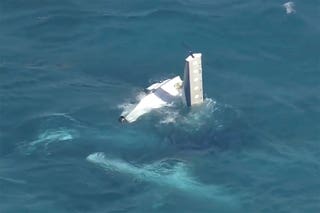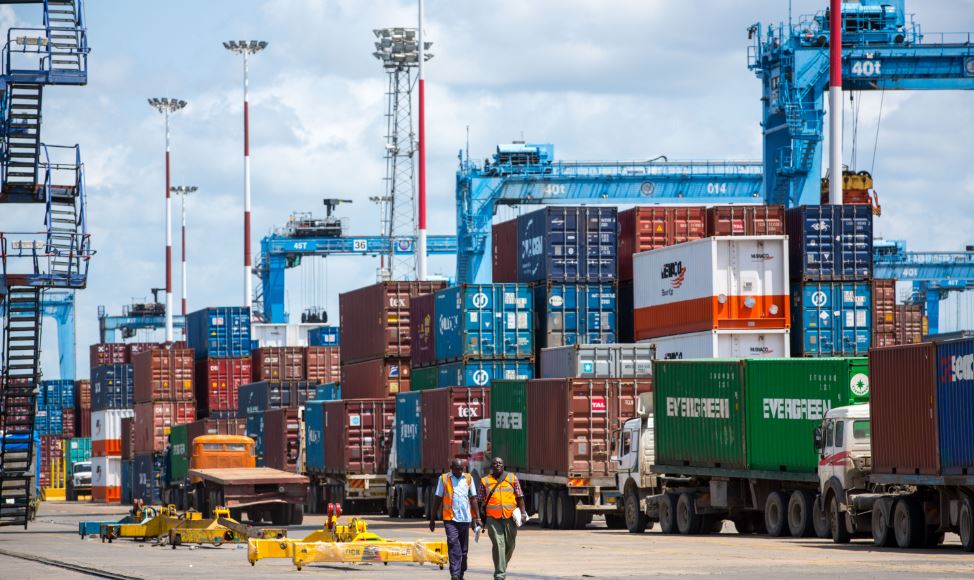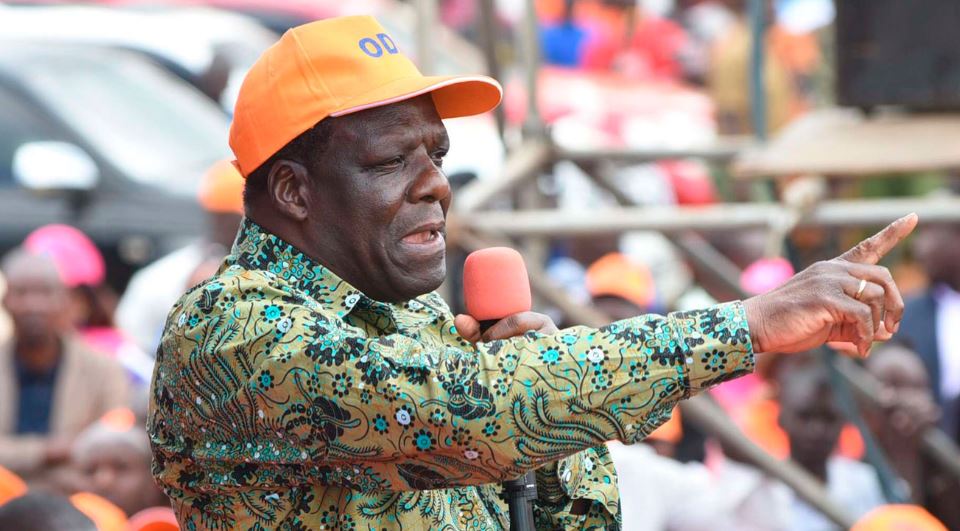
An analyst, Ken Ike, has urged the Federal Government to ensure prudent management of the recently released $1.5 billion loan from the World Bank to Nigeria. He cautioned the government to factor in that the loan in support of the Reforms for Economic Stabilisation to Enable Transformation (RESET) initiative, sparked intense debate.
He also noted that the loan was granted sequel to Nigeria’s implementation of critical reforms, including the removal of fuel subsidies. In an interview with New Telegraph over the weekend, he said the loan and Nigeria’s reforms could pave the way for economic transformation, adding that addressing challenges, sustaining reforms, and ensuring inclusive growth will secure Nigeria’s economic future. According to reports, the loan which was approved on June 13, 2024, was released in two tranches: a $750 million credit facility under the International Development Association (IDA) with a 12- year maturity and six-year grace period, and a $750 million loan under the International Bank for Reconstruction and Development (IBRD) with a 24-year maturity and 11-year grace period.

The first tranche was disbursed on July 2, 2024. The Bretton Woods institution lauded Nigeria’s swift implementation of reforms, especially the full deregulation of the downstream sector, that terminated fuel subsidies and allowed petrol prices to be determined by international market rates and exchange rates. The World Bank in a statement said: “Effective October 2024, the price of PMS (petrol) has been determined by the international market and the exchange rate set by the Central Bank of Nigeria.
” Industry stakeholders opined that the loan comes alongside the Accelerating Resource Mobilization Reforms (ARMOR) project, under which the World Bank has disbursed $1.88 million of a $750 million loan to further support Nigeria’s economic transformation efforts. Ike, while giving the background to the loan, said Nigeria’s economic struggles led to the World Bank’s intervention.
He noted that the country had key challenges, which include: fuel subsidies that consumed significant government revenue; inefficient taxation and failing to mobilise non-oil revenue as well as fiscal indiscipline which undermined economic stability. He explained that to address these challenges, Nigeria implemented critical reforms such fuel deregulation which ended implicit subsidies, aligning petrol prices with international rates; comprehensive tax policies that have enhanced revenue mobilisation. He opined that the loan and reforms will stimulate economic growth by boosting development, improve revenue mobilisation and reduction of dependence on fossil fuels as well as enhance fiscal discipline by promoting responsible financial management.
Ike also said there could be social implications of the reforms such as increased hardship as the fuel price hikes raised transportation and living costs. He added that the reforms could widen economic disparities as he noted that Northern leaders have argued that the reforms may exacerbate regional disparities. He noted that to alleviate hardship, the government introduced relief measures such as Direct Cash Transfers of N25,000 to reported 15 million vulnerable households, implementation of Compressed Natural Gas initiative which has promoted CNG as a cheaper petrol alternative.
Ike said: “The World Bank’s continued support is crucial. With $1.65 billion in loans planned for 2025, Nigeria’s economic outlook remains uncertain.
“The challenges ahead included: sustaining reforms by ensuring long-term commitment; addressing disparities by balancing regional economic growth; diversification of the economy by reducing dependence on oil. “The World Bank loan and Nigeria’s reforms mark significant steps toward economic transformation. While challenges persist, careful management and sustained commitment can ensure a brighter economic future for Nigeria.
“It is important to ensure the implementation of the following strategies: Capacity building that will ensure training for effective reform implementation; private sector engagement that will fostering partnerships and transparency in implementation including regular prog – ress updates.” He advised that there should be international cooperation, continuation of support by World Bank, technical assistance by the International Monetary Fund (IMF) and regional cooperation promoted by the African Development Bank. He stated that the reforms and loan had regional impacts of economic integration of West African Economic Community (ECOWAS); expanded trade as being championed by the African Continental Free Trade Area (AfCFTA).
The following are the lessons learned: Gradual Implementation and phased reform rollout; stakeholder engagement, inclusive decision-making; monitoring and regular evaluation. He noted that Nigeria’s Economic Vision included: diversified economy, non-oil sectors growth; inclusive growth, reduced poverty, inequality as well as sustainable development and environmental considerations..














